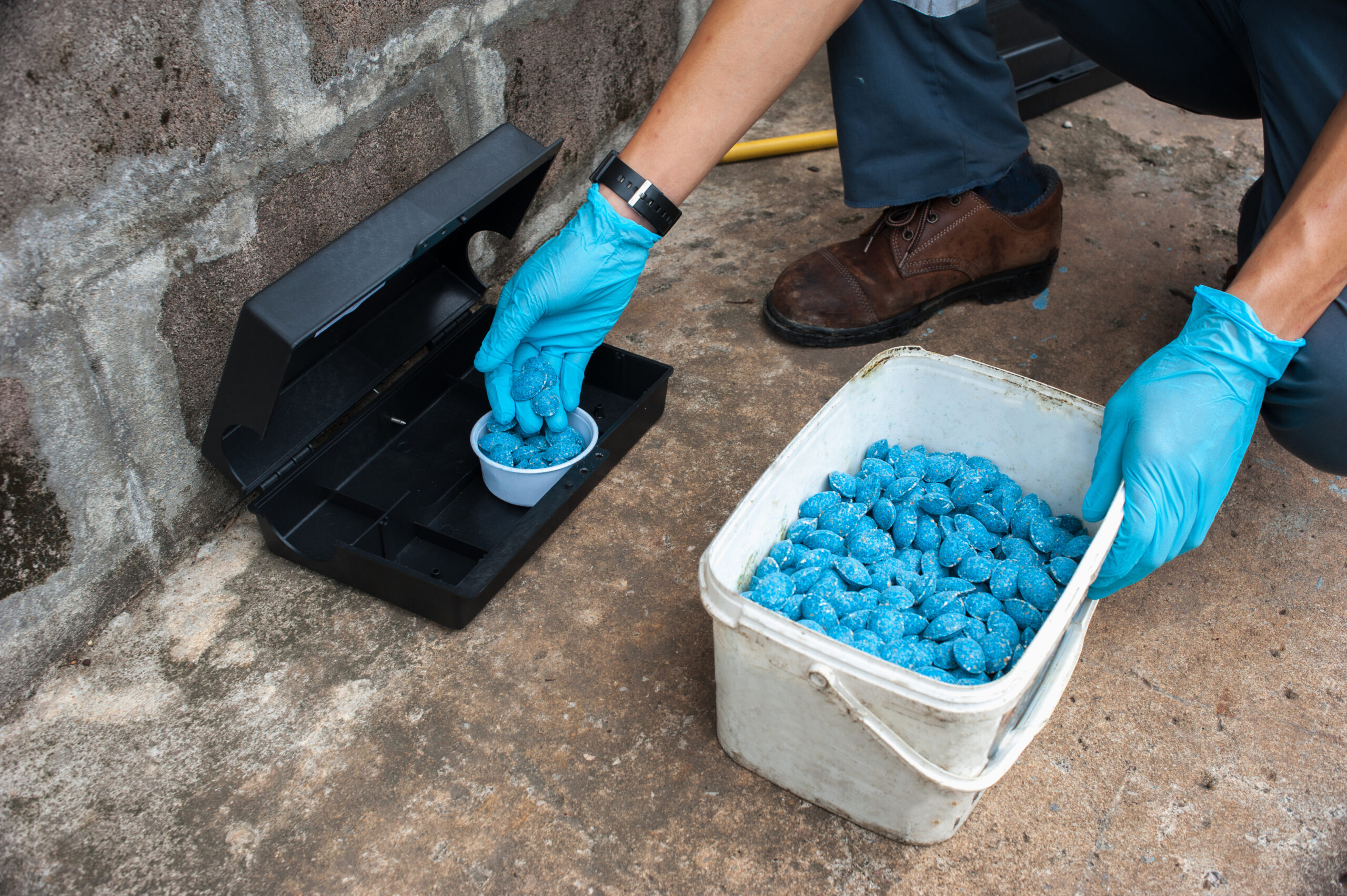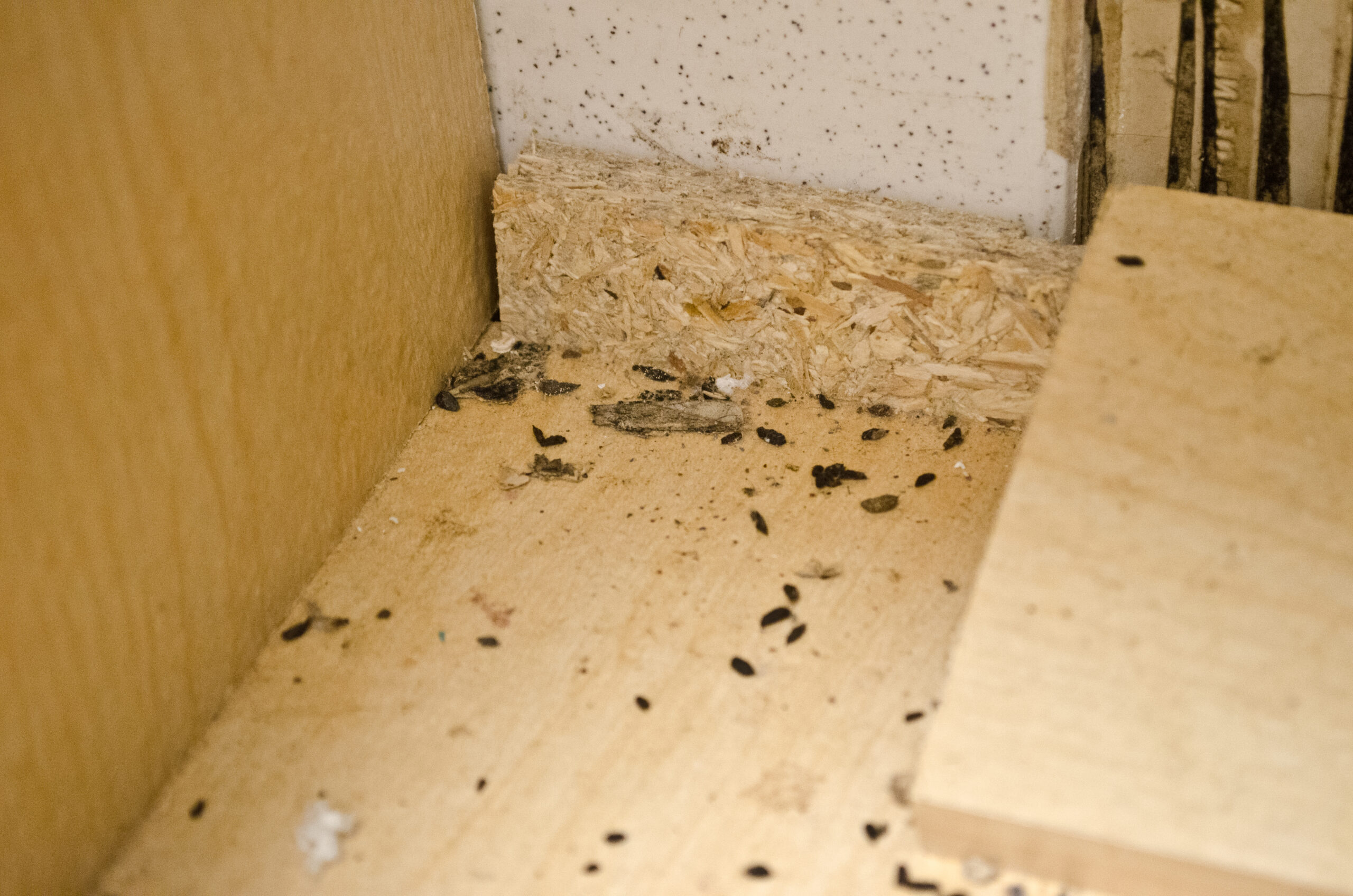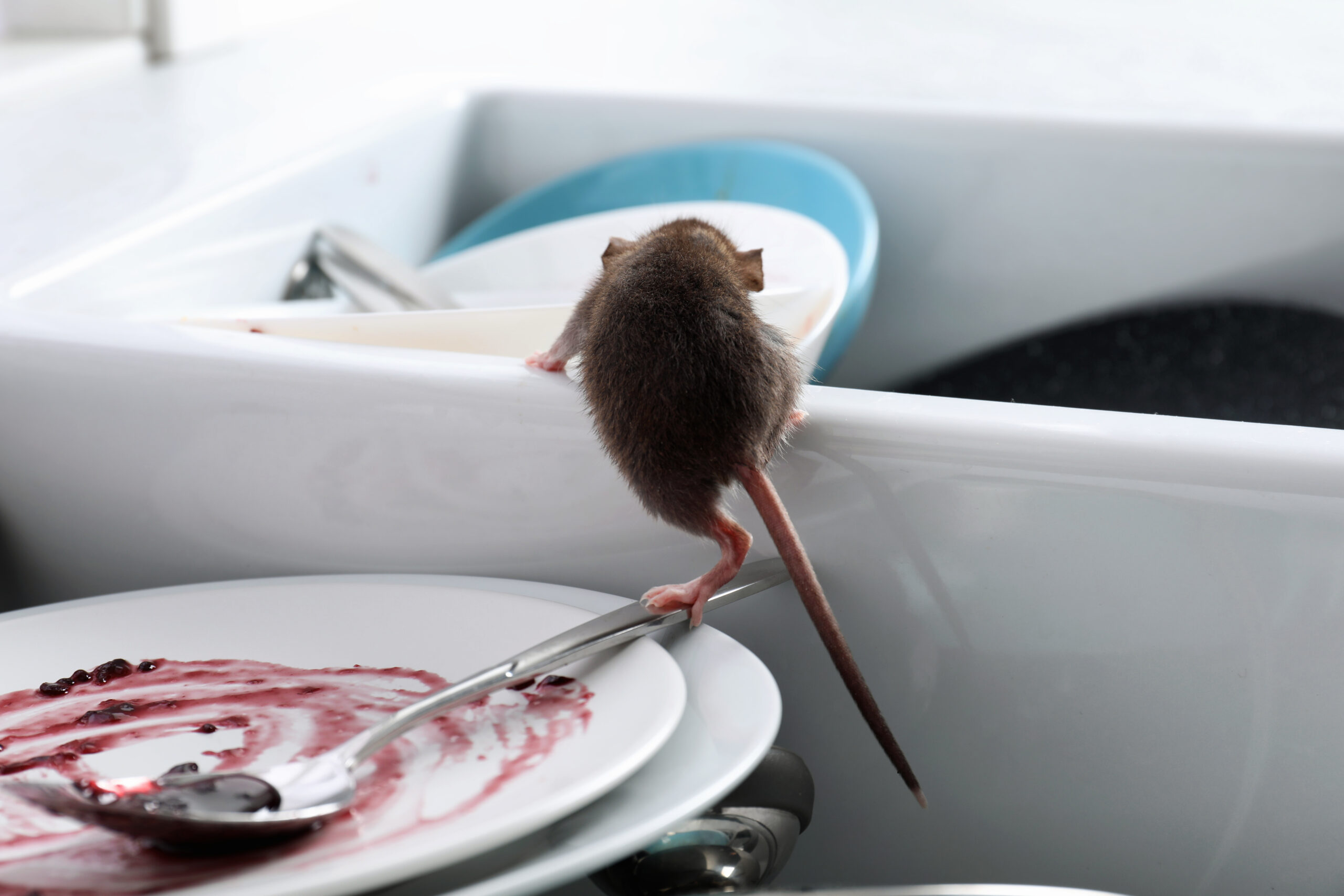
Are landlords responsible for a rat infestation?
12-07-2025 | OtherHearing about rats and other types of rodents in your rental property will be a cause for concern for landlords. There are simple actions the landlords can take to reduce tenant stress and the chances of property damage, but are landlords responsible for a rat infestation?
This article outlines when landlords are legally obligated to address rat infestations and when the responsibility actually falls to the tenant living in the property. Addressing the problem will reduce tenant stress, health concerns, and potential damage to the property and belongings.
This guide will also cover preventative measures to reduce the chances of a rat infestation and explain when you will require professional help. So, are landlords responsible for rats? Let’s find out.

Are landlords responsible for rodents?
It actually depends on the circumstances and the cause of the infestation. If the landlord has neglected some of their maintenance and repair duties, then the landlord is responsible for rats and must take action. This is usually the case when there are issues such as cracks in the walls, damp conditions resulting from a leaking roof, or poorly sealed doors.
Under the Landlord and Tenant Act 1985, landlords are required to ensure that the property is safe and habitable.
Landlords are not off the hook even if they complete their maintenance responsibilities, and the issue cannot be traced back to an issue with the property itself. Landlords are responsible for rodents if the cause is an environmental factor beyond anyone’s control.
For example, if rats appear after local flooding, landlords are responsible for the rat infestation and must take action to resolve the problem for the tenants.
Key legal considerations
- Homes (Fitness for Human Habitation) Act 2018: Landlords need to ensure the property is free from hazards, which include rodents.
- Environmental Health Regulations: Local councils can issue enforcement notices if a rat infestation poses a health risk.
- Tenancy agreement: A clearly written tenancy agreement also helps prevent disputes. It should note that landlords are responsible for rat infestations related to the property, while tenants are responsible for problems arising from their own actions.
Are landlords responsible for a rat infestation caused by tenants’ actions?
Landlords are not responsible for rats and other rodents if the tenant’s actions have led to the problem. If the tenant neglects their own responsibilities, then they are responsible for the infestation and must take action to prevent property damage.
The tenant’s actions can range from leaving dirty dishes with piles of food lying around to leaving bags of rubbish outside the property. They could have also caused some damage to the property, such as smashing a window, and failed to report it immediately to the landlord. Information about responsibilities should be clearly outlined in the tenancy agreement.
- Poor hygiene: Dirty dishes, uncovered food, or overflowing bins can help attract rats and rodents.
- Bad waste management: Tenants need to put the bins out on the collection dates and ensure rubbish doesn’t pile up outside of the house
- Not reporting issues: Landlords should carry out inspections, but they can’t come every month. Tenants must report any signs of rats or problems that can lead to a rat infestation.
Practical tips to avoid a rat infestation in a rental property
Regardless of whether landlords are responsible for a rat infestation, it’s a negative situation that both parties will want to avoid. If both landlords and tenants are proactive, then the likelihood of a rat infestation is low.
Landlords should be proactive by carrying out regular property inspections. Finding a problem during an inspection can help prevent the issue from spiralling out of control. It can be a small issue, such as a crack in the wall, that can lead to a rat infestation if not fixed within 6 months.
Landlords should be proactive by providing practical advice or offering tenants gentle reminders. Little tips like this can go a long way, especially in student lets when the tenants are likely living without parents for the first time. Information can include reminders about sealing food and putting the bins out on the correct dates.
Landlords should encourage tenants to clean the property, dispose of waste correctly, and report any issues. Most of this information should be highlighted in the tenancy agreement, which the tenant signs at the start.
How to document rodents in rental properties
Proper documentation can be crucial in determining whether landlords are responsible for a rat infestation. Both landlords and tenants can keep a record of the infestation.
- Inventory list: Landlords should make an inventory list of all items in the property at the start of the tenancy. Landlords need to update the list throughout the tenancy. It should include photos of items to prove their condition at a certain time and date.
- Record the evidence: Take videos and photos if you notice animal droppings, gnaw marks or other signs of rats and rodents. If the infestation has damaged items, take photos of the damage as evidence.
- Keep a log: Store the photos, videos, and any written evidence in a secure folder. This record will help support your case if a dispute arises with the tenant, if you need to escalate the problem to court, or wish to deduct from the deposit.
- Compare new photos with the inventory list: You may need to prove that there has been a rat infestation. Comparing photos can help determine this, as well as who is responsible for the problem.
When should landlords call on professional extermination companies?
When landlords are responsible for minor rat infestations, they should deal with the problem themselves. However, a serious rat infestation may need more significant assistance from professional services. Landlords should consider hiring a professional exterminator when there is:
- A widespread infestation: If the problem gets out of control and DIY methods don’t work, call in the professionals.
- Health risks: Rats and other rodents can carry diseases that pose a health risk to tenants.
- Property damage: Gnawing on wires, pipes, or possessions can cause costly repairs.
In most cases, landlords are responsible for rats and other rodents if the problem is due to an issue in the property itself and is beyond the tenant’s control. The landlord is not responsible if the tenant has neglected their own responsibilities.
We have the expertise to find the best landlord insurance deals that are suitable for your needs as a landlord. Contact us today at 01788 818 670 for a quote, and don’t forget to visit our resource centre for more information on how to be a successful landlord.
We won't be beaten on any like for like landlord insurance quote.
Get a quote

